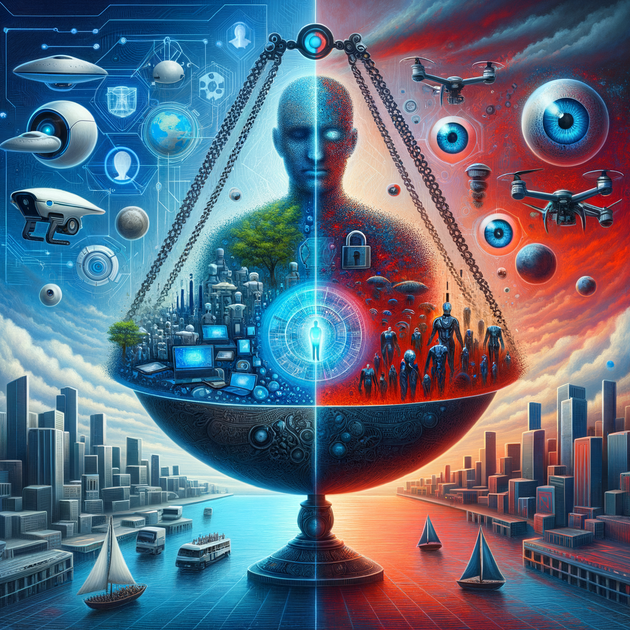The Hidden Pitfalls of Artificial Intelligence: Ethical Dilemmas and Real-World Implications
Artificial intelligence (AI) holds the promise of transforming industries and revolutionizing our daily lives. Yet, amidst its incredible advancements, there exist significant ethical and practical concerns that demand our attention. In this article, we’ll delve into some of the hidden pitfalls of AI, exploring both the ethical dilemmas and the real-world ramifications of this powerful technology.
Understanding the Ethical Dilemmas in AI
Lack of Accountability in Decision-Making
One of the most pressing ethical issues in AI pertains to responsibility and accountability, particularly in decision-making systems. When an AI system makes an error or an unethical decision, who is held accountable? The developers, the users, or the AI itself? This ambiguity can lead to serious consequences, especially in critical areas like healthcare and finance.
For example, consider an AI system used in healthcare to diagnose diseases. If a misdiagnosis occurs, resulting in harm to the patient, the question of accountability becomes crucial. This system of responsibility needs to be clearly outlined to prevent potential misuse and negligence.
Bias and Fairness in AI Models
AI models are only as good as the data they’re trained on. Many datasets contain inherent biases that can be inadvertently perpetuated by AI systems. This can lead to discriminatory practices and unfair outcomes.
For instance, facial recognition systems have been found to have higher error rates for individuals with darker skin tones, leading to wrongful identifications and unjust treatment. Addressing these biases is essential to ensure that AI systems are equitable and just.
Real-World Implications of AI
Privacy Concerns
The deployment of AI systems often involves the collection and analysis of vast amounts of personal data. This raises significant privacy concerns. How secure is our data? Who has access to it? How is it being used? These questions highlight the need for stringent data protection measures.
- AI in social media platforms often uses user data to curate content and ads, sometimes leading to breaches of privacy.
- In healthcare, patient data analyzed by AI systems must be protected to comply with regulations and maintain trust.
The Economic Impact: Job Displacement
While AI promises efficiency and productivity, it also poses a threat to the job market. Automation and AI-driven processes can replace human labor, leading to job displacement across various industries.
A report by the World Economic Forum predicts that by 2025, AI and automation will displace around 85 million jobs, although it will also create 97 million new roles. However, the transition period could be challenging for workers whose jobs are at risk.
Ensuring Ethical AI Development
Transparency and Explainability
One way to mitigate the negative effects of AI is through transparency and explainability. AI systems should be designed to provide clear and understandable reasoning for their decisions, allowing users to comprehend how outcomes are derived.
For instance, when a loan application is denied by an AI system, the applicant should have access to a clear explanation of the factors that led to the rejection. This transparency builds trust and ensures accountability.
Strict Ethical Guidelines and Regulations
Governments and organizations need to establish stringent ethical guidelines and regulations to govern the development and deployment of AI systems. These guidelines should ensure that AI is used responsibly and ethically, minimizing harm to individuals and society.
To achieve this, there should be collaborative efforts between policymakers, AI developers, and ethicists to create frameworks that safeguard public interests.
A Call to Action
The advancement of AI technology presents both incredible opportunities and significant challenges. As we continue to integrate AI into various facets of our lives, it’s crucial to remain vigilant about its ethical and practical implications. By addressing these hidden pitfalls and striving for responsible AI development, we can harness the benefits of AI while minimizing the risks.
What are your thoughts on the ethical implications of AI? How do you think we can ensure responsible AI development? Feel free to share your insights and join the discussion in the comments below.
